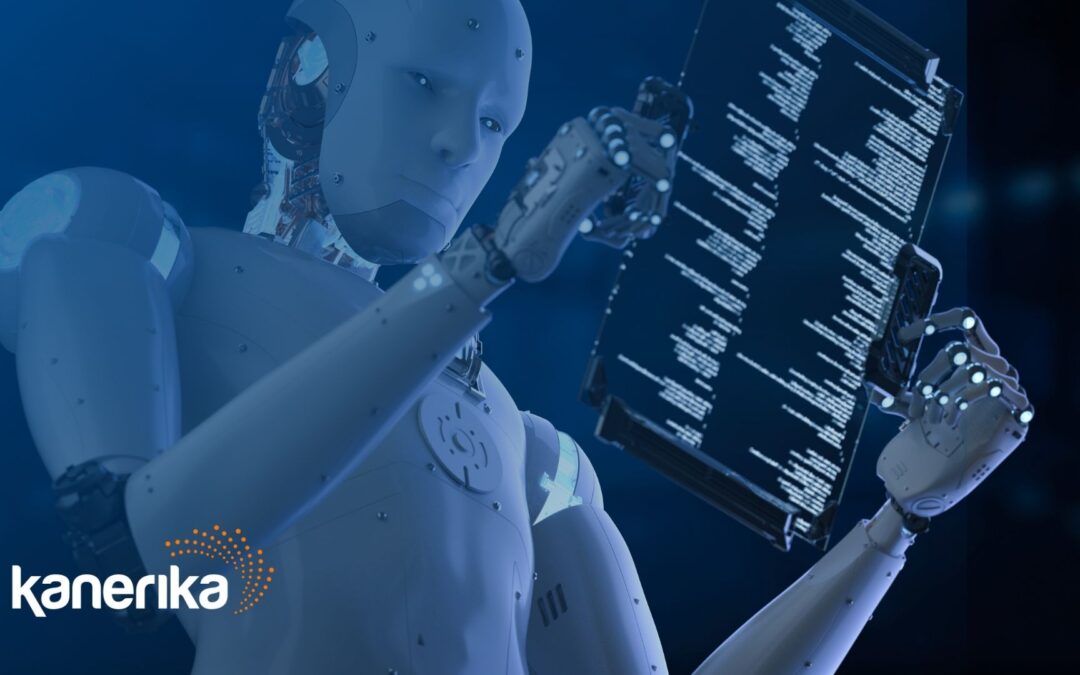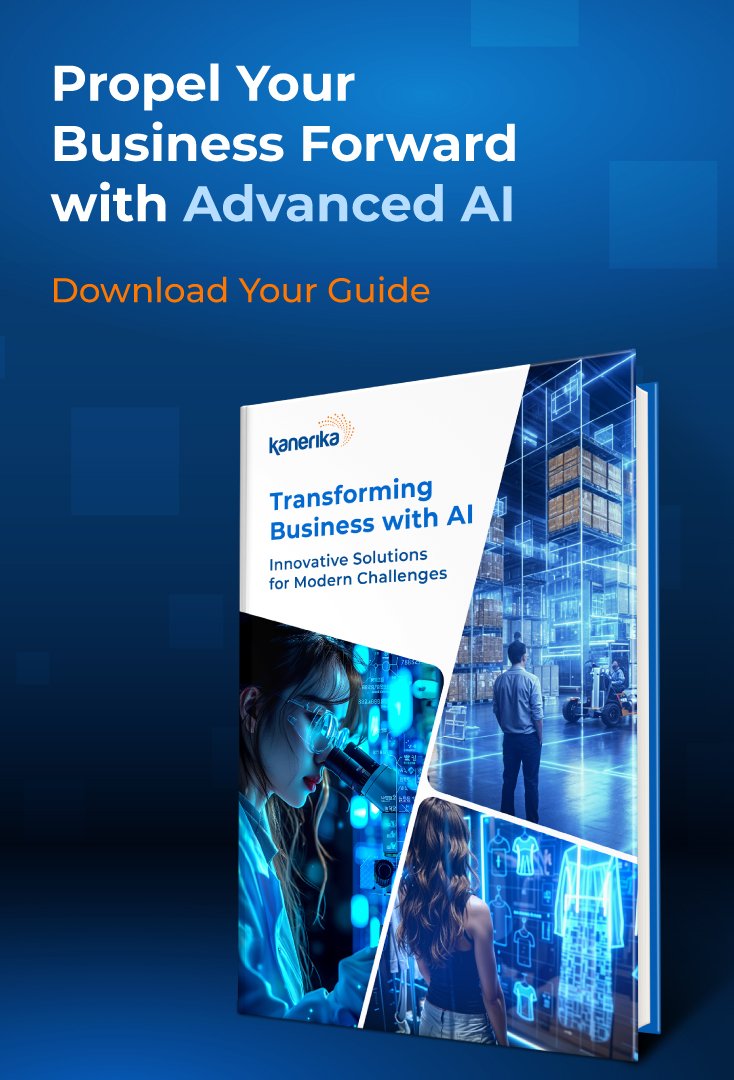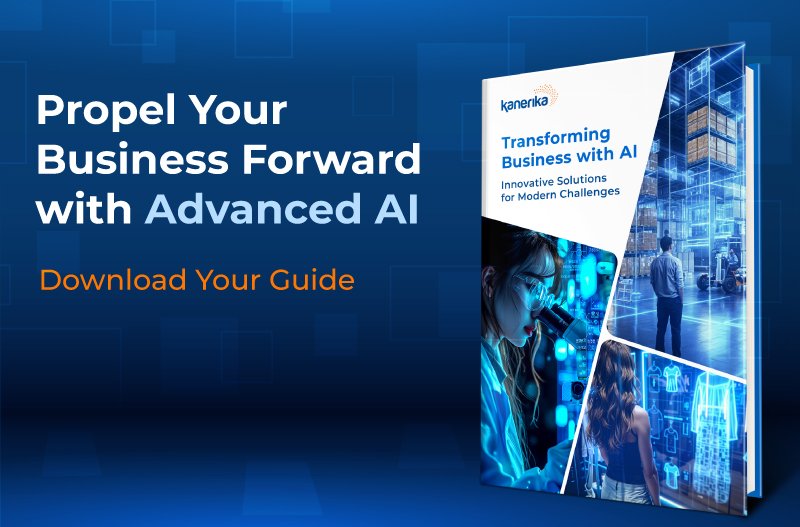“The story of AI will be less about the models themselves and all about what they can do for you”- Demis Hassabis, CEO of Google DeepMind. The future where an AI assistant can understand not just your words, but the context of your surroundings, your actions, and even anticipate your needs is not very far. That’s the kind of future Google Project Astra promises.
According to Google’s latest announcement at the I/O 2024 conference, Project Astra is designed to be a universal AI assistant capable of processing multimodal information—text, audio, and visual data—in real-time. This marks a significant leap from current AI assistants, which are primarily limited to single-mode interactions and often struggle with contextual understanding
Current AI assistants like Google Assistant, Siri, and Alexa have made significant strides in enhancing our daily lives. They can set reminders, answer queries, and control smart devices. However, these assistants still face limitations in contextual comprehension and proactive assistance. For example, they might struggle with complex tasks that require understanding the environment or maintaining a conversation’s context over time. This is where Google Project Astra stands out. Building on the strengths of the Gemini models, Astra aims to overcome these limitations by providing a more intuitive and responsive AI experience, bridging the gap between human-like understanding and machine efficiency
Unveiling Google’s Most Advanced and Futuristic AI Assistant – Project Astra
Let’s say, you visit a museum, and your AI assistant not only answers your questions about the artwork but also points out hidden details based on what it sees through your phone’s camera. This is the capability of Google Project Astra, a groundbreaking development in AI technology.
At Google I/O 2024, Sundar Pichai, CEO of Google and Alphabet, unveiled a groundbreaking project that sent ripples through the tech world: Google Project Astra. Pichai declared it “a significant leap forward in the evolution of AI assistants, aiming to become the universal assistant that seamlessly integrates into our lives.“ He highlighted its ability to process multimodal information, a feature that sets it apart from current AI assistants.
Project Astra, described as Google’s vision for the future of AI assistants, builds upon the capabilities of Google’s powerful Gemini family of models, particularly the recently launched Gemini 1.5 Pro. This foundation model integrates advancements in processing and understanding text, audio, and video data simultaneously.
Demis Hassabis explained, “To be truly useful, an agent needs to understand and respond to the complex and dynamic world just like people do—and take in and remember what it sees and hears to understand context and take action.”.
The concept of multimodal information processing is central to Project Astra. It involves the ability to interpret and integrate various types of data—text, audio, and video—into a cohesive understanding of the environment. For example, Astra can recognize objects in a video feed, understand spoken commands, and respond with relevant information, all while maintaining the context of previous interactions. This capability is expected to revolutionize how users interact with AI, making it more intuitive and responsive to real-world scenarios.
Predecessors to Google Project Astra: The Gemini Family
In December 2023, Google unveiled the Gemini family, succeeding LaMDA and PaLM 2. These language models represent a series of advanced AI models developed to push the boundaries of natural language understanding and generation. Launched under the Google DeepMind division, these models are designed to handle a variety of tasks by integrating cutting-edge machine learning techniques.
Gemini, Google’s advanced AI model, comes in different versions tailored for various applications and setups. Here are the different versions of Gemini AI models:
Gemini 1.0
The original Gemini 1.0 model marked Google’s first foray into multimodal AI, capable of processing text, audio, and visual data simultaneously. It was released in three versions: Ultra, Pro, and Nano, each designed to cater to different performance needs. The Ultra version provided the highest processing power, while Pro and Nano offered more balanced and lightweight options suitable for a wider range of applications.
Gemini 1.5 Pro
Building on the success of Gemini 1.0, Google introduced Gemini 1.5 Pro, which featured enhanced performance capabilities. This version was notable for its extended context window, capable of processing up to 1 million tokens, significantly improving its ability to handle long conversations and complex data. The model’s enhanced multimodal reasoning capabilities allowed it to integrate various types of data more effectively.
Gemini 1.5 Flash
The Gemini 1.5 Flash model was designed for speed and efficiency, making it suitable for high-volume, high-frequency tasks. While maintaining the robust capabilities of the 1.5 Pro model, 1.5 Flash was optimized to deliver faster response times and reduced latency. This made it ideal for applications requiring rapid data processing and real-time interaction.
Gemini 2.0 (Gemma 2)
Gemini 2.0, also known as Gemma 2, represented the next generation of the Gemini family, incorporating even more advanced features and capabilities. This version continued to build on the foundation of multimodal processing but with improvements in accuracy, context understanding, and real-time response. Gemma 2 was designed to push the boundaries of what AI could achieve in terms of interaction and assistance
Stand-out Features of Google Project Astra
1. Real-time Contextual Understanding
Project Astra’s standout feature is its ability to understand the user’s environment through continuous audio and video input. By integrating data from multiple sensory inputs, Astra can interpret complex scenarios in real-time.
For instance, it can identify objects in a video stream, understand spoken instructions, and respond with accurate information based on its surroundings. This capability enables more natural conversations, as the AI can grasp the context of what the user is discussing and provide responses that are both relevant and timely.
Focus on relevant information: By analyzing the visual context, Project Astra can tailor its responses to the specific situation. Your question about the landmark will be interpreted with that context in mind, leading to a more accurate and informative answer.
Engage in more natural conversations: The ability to understand the physical world opens doors for a more natural flow of conversation. You can point to objects, have back-and-forth discussions based on what you see, and Project Astra will respond accordingly.
2. Faster Processing with Caching
Astra achieves its impressive speed and efficiency by encoding video frames and combining them with speech inputs. This integrated processing allows the AI to maintain a continuous understanding of the environment. Additionally, Project Astra uses caching to store recently processed information for quick recall.
This method significantly reduces response times, ensuring that the AI can provide immediate and contextually appropriate answers to user queries. By leveraging these advanced processing techniques, Astra sets a new standard for responsiveness in AI assistants.
Video Frame Encoding: Instead of processing entire video frames, Project Astra efficiently encodes key information from each frame. This reduces processing power needed for real-time analysis.
Intelligent Caching: Project Astra utilizes caching to store frequently accessed information. This allows for faster recall of relevant data, leading to quicker and smoother response times.
3. Enhanced Speech and Intonation
One of the key advancements in Project Astra is its use of Google’s leading speech models. These models have been fine-tuned to produce a wide range of intonations, making the AI’s voice interactions more natural and engaging.
The enhanced speech capabilities allow Astra to understand and replicate the subtleties of human speech, providing a more lifelike and pleasant user experience. This improvement in vocal delivery helps the AI to convey information more effectively and build a more interactive and engaging relationship with the user.
Leading Speech Recognition: Project Astra incorporates Google’s most advanced speech recognition models, ensuring exceptional accuracy in understanding spoken commands and questions.
Wider Range of Intonations: Beyond just understanding words, Project Astra can analyze the nuances of speech, such as tone and inflection. This allows for a more natural and expressive voice experience, making interactions feel closer to human conversation.
Potential Applications of Google Project Astra
Project Astra comes with some of the most advanced and futuristic AI developments that can completely transform our lives and jobs. While still in the testing phase, Google Project Astra can impact various aspects of our lives. Here are some potential use cases.
1. Smarter Home Assistant
Project Astra can become a true contextual home assistant. Imagine asking “Should I open the windows?” It can analyze weather data, temperature sensors, and even peek outside through a smart camera to suggest opening a window for fresh air or recommend keeping it closed due to rain.
2. Real-time Accessibility Tools
Project Astra can be a powerful tool for those with visual or hearing impairments. For the visually impaired, it can describe objects and scenes in real-time, while for those with hearing difficulties, it can generate real-time captions during conversations or translate audio from foreign languages based on visual context.
3. Smart Notetaking and Project Management
Project Astra can be your ultimate productivity partner. During a meeting, it can capture audio, visually identify key points on slides or whiteboards, and even summarize discussions – creating a comprehensive set of notes. For project management, it can analyze project plans and identify potential roadblocks based on real-time data feeds (e.g., traffic delays for deliveries).
4. Real-time Travel Guide
Project Astra can turn your smartphone into a powerful travel companion. Point your camera at a landmark, and it can identify the location, provide historical context, translate signage in real-time, and even suggest nearby attractions based on your interests. Imagine exploring a new city and having instant access to this wealth of information at your fingertips.
5. Virtual Try-on and Personalized Shopping Assistant
Project Astra can transform online and in-store shopping experiences. Imagine holding your phone up to a clothing item and having Project Astra virtually place it on you using augmented reality. It could also suggest similar styles or compare prices and reviews across different stores, all based on the item you’re considering.
6. Interactive Learning Companion
Project Astra can transform textbooks and learning materials. Pointing your phone’s camera at a diagram or historical photo could trigger interactive 3D models or simulations, or even access related historical documents based on the content.
Leverage Kanerika’s AI Solutions to Outpace the Competition
Kanerika’s AI expertise empowers your business to excel, enhancing operations and addressing challenges with innovative solutions. Our AI technology drives efficiency, optimizes processes, and provides actionable insights, helping you stand out from the competition. We’ve revolutionized the businesses of renowned firms across various industries, proving our commitment to transformative results.
In addition to AI, we offer comprehensive services in data governance, robotic process automation (RPA), and data integration, ensuring your business benefits from a holistic technological approach. As a leading tech consulting firm in the US, we deliver cutting-edge solutions that not only solve immediate problems but also drive long-term success. Partner with us to harness the power of advanced technology and achieve unparalleled competitive advantage in your industry.














